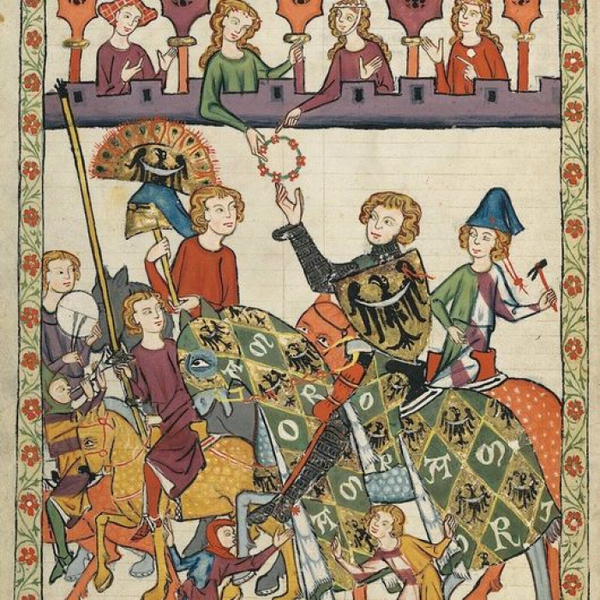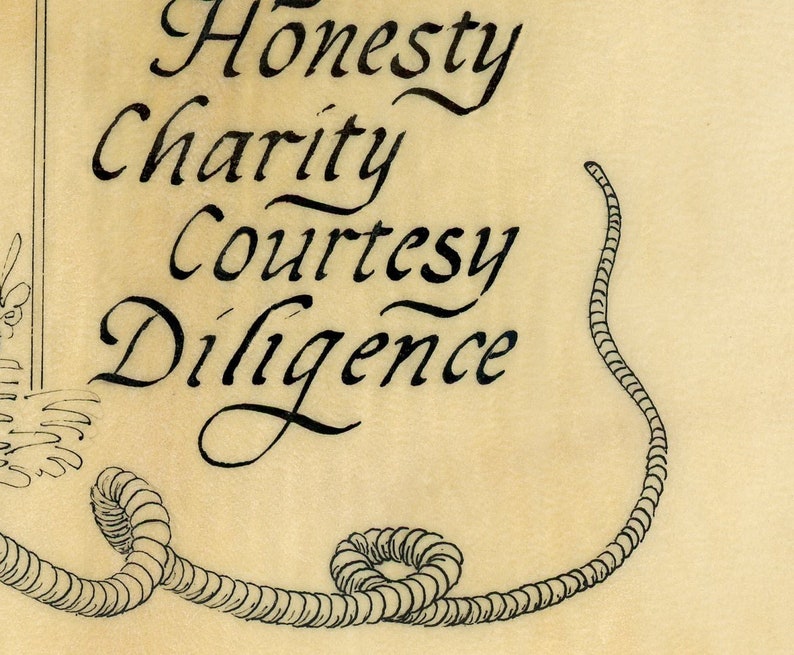

Roland refuses: “‘Now God forbid’, Roland makes answer wroth, / That living man should say he saw me go / Blowing of horns for any Paynim foe!” In other words, Roland won’t concede that he needs help against mere pagans-such a concession cuts against his sense of honor. When Roland and his best friend, Oliver, find themselves beset by the enemy at the rear of Charlemayn’s army, Oliver urges Roland to blow the “Olifant” (his ivory horn) in order to summon help from those at the front. By portraying Roland as a flawed yet unfailingly loyal and beloved figure, the poet suggests that although a chivalrous knight may be susceptible to rashness and pride, his character is most truly revealed by his loyalty unto death.Īlthough Roland is brave, as a chivalrous man should be, his bravery crosses the line into rashness at times. On the other hand, Roland is unendingly loyal to his friends, protective of his honor, and finally sacrifices his own life for his cause (defending himself and his men against an ambush by the Spanish Muslims) during the Battle of Roncevaux Pass. When, early in the poem, Charlemayn and the French are cautious about the intentions of King Marsile (who has recently killed some Frenchmen and now makes peaceful overtures to Charlemayn), Roland “fiercely disagrees” and jumps to his feet, declaring that “Foolish advice gave to you indeed Spend all your life, if need be, in the siege.” Through pride, Roland also makes a fateful mistake during battle against King Marsile’s troops, endangering his comrades’ lives.


For example, Roland is characterized as hotheaded from the beginning. Though Charlemayn’s nephew Roland is the unambiguous hero of The Song of Roland, Roland is not a one-dimensional character-unlike Charlemayn, he is flawed.


 0 kommentar(er)
0 kommentar(er)
